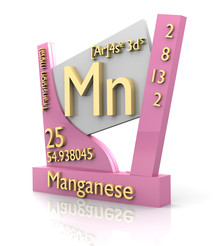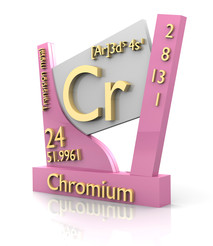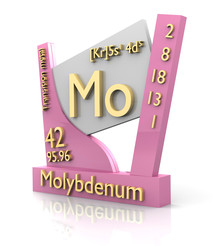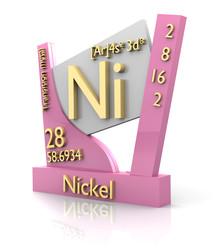If you work within the pipeline industry, you no doubt come across a variety of Alloy Steels. In my own experience, I have always been interested in what gives a specific Alloy Steel its properties. The short answer is it largely depends upon what alloying element is used to make the alloy steel.
Below I have listed the most common alloying elements and why they are added to steel:
Manganese (Mn)
Has a gray-white, metallic appearance and is very brittle.
Provides the following properties to steel:
- Improves strength
- Increases hardness
- Increases toughness
- Decreases ductility
- Decreases weldability
Manganese Alloy Steels are commonly used for:
- Auto axles and parts
- Impact-resistant tools
- Hoppers and chutes
- Food processing Equipment
SAE designation for Manganese Alloy Steels:
- 13xx (1.75%)
Chromium (Cr)
Is a silvery-metallic, hard metal that possess magnetic properties.
Provides the following properties to steel:
- Improves hardenability
- Improves wear resistance
- Increases corrosion/oxidation resistance
- Improves high-temperature strength
- Reduces machinability
- Reduces weldability
- Reduces cold workability
Chromium Alloy Steels are commonly used for:
- Ball bearings
- Cutlery/Cookware
- Surgical equipment
- Bicycle frames
SAE designation for Chromium Alloy Steels:
- 50xx (0.27 ~ 0.65%)
- 50xxx (0.50%)
- 51xx (0.80 ~ 1.05%)
- 51xxx (1.02%)
- 52xxx (1.45%)
Molybdenum (Mo)
This is a silvery-white metal that has a high melting point and low thermal coefficient of expansion.
Provides the following properties to steel:
- Improves toughness
- Increases hardenability
- Improves creep strength
- Extends wear resistance
- Improves corrosion resistance
- Improves cold workability
Molybdenum Alloy Steels are commonly used for:
- Applications where high temperatures are encountered
- Components for aircraft engines
- Components for Nuclear Power and Chemical Plants
SAE designation for Molybdenum Alloy Steels:
- 40xx (0.20 ~ 0.25%)
- 44xx (0.40 ~ 0.52%)
Nickel (Ni)
This is a silvery-white metal that is malleable and ductile.
Provides the following properties to steel:
- Improves strength
- Improves toughness
- Increases impact strength
- Increases oxidation and corrosion resistance
- Increases high temperature resistance
Nickel Alloy Steels are commonly used for:
- Piping systems
- Axle and propeller shafts
- Heat exchangers
SAE designation for Nickel Alloy Steels:
- 23xx (3.50%)
- 25xx (5.00%)



